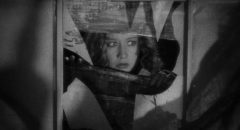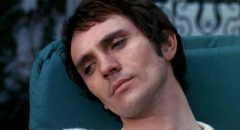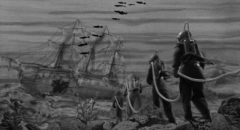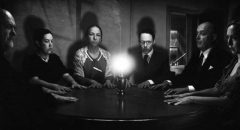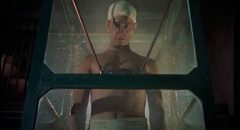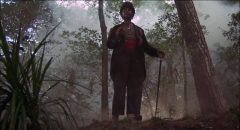
Although there are obviously differences from culture to culture, many Asian movies share a tendency to to ignore the kind of “realism” Western, and particularly American, movies so often feel is necessary – which is one reason so many U.S. remakes of Asian genre movies take on a pedestrian quality nowhere evident in the originals. Three recent Asian movies – from Korea, Japan and China – use different approaches to explore societies in which economic and social inequality engender violence and to some degree madness. One uses blackly comic satire, one pushes genre tropes to absurd extremes, and one pushes neorealism into the realm of nightmare.
